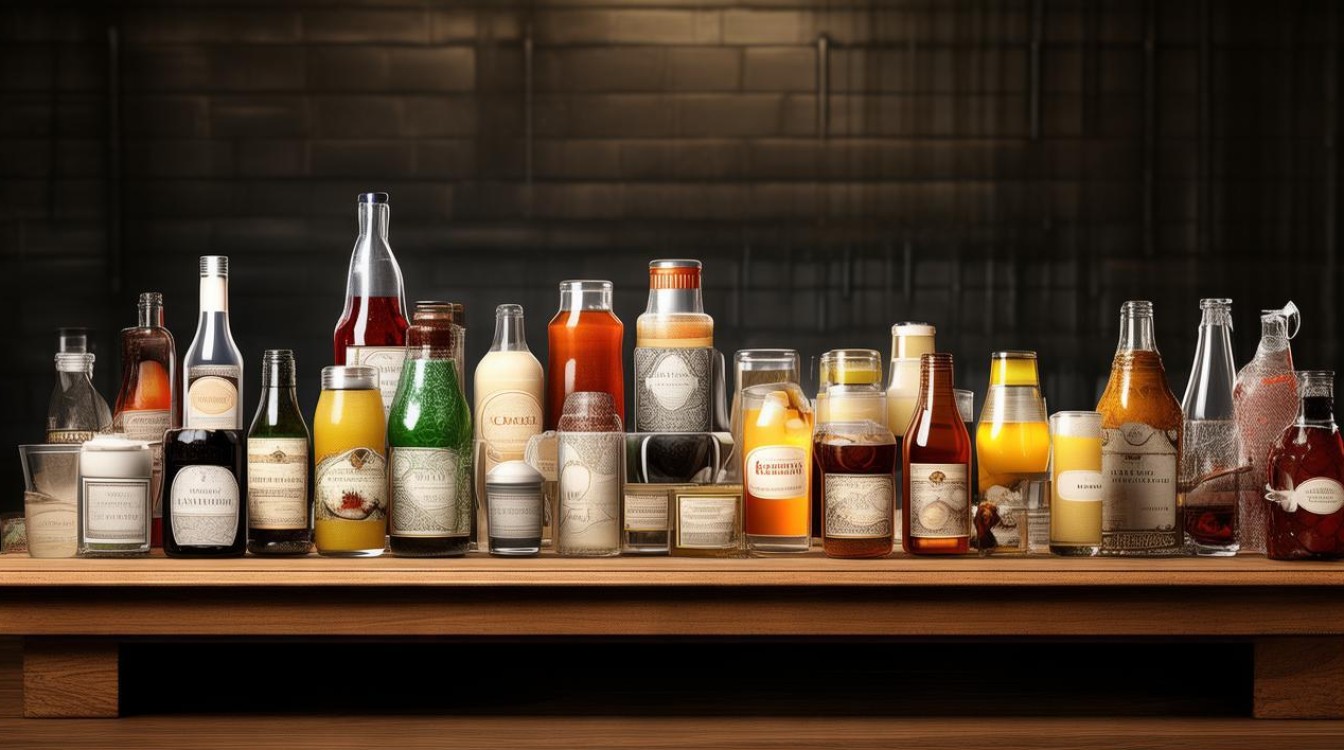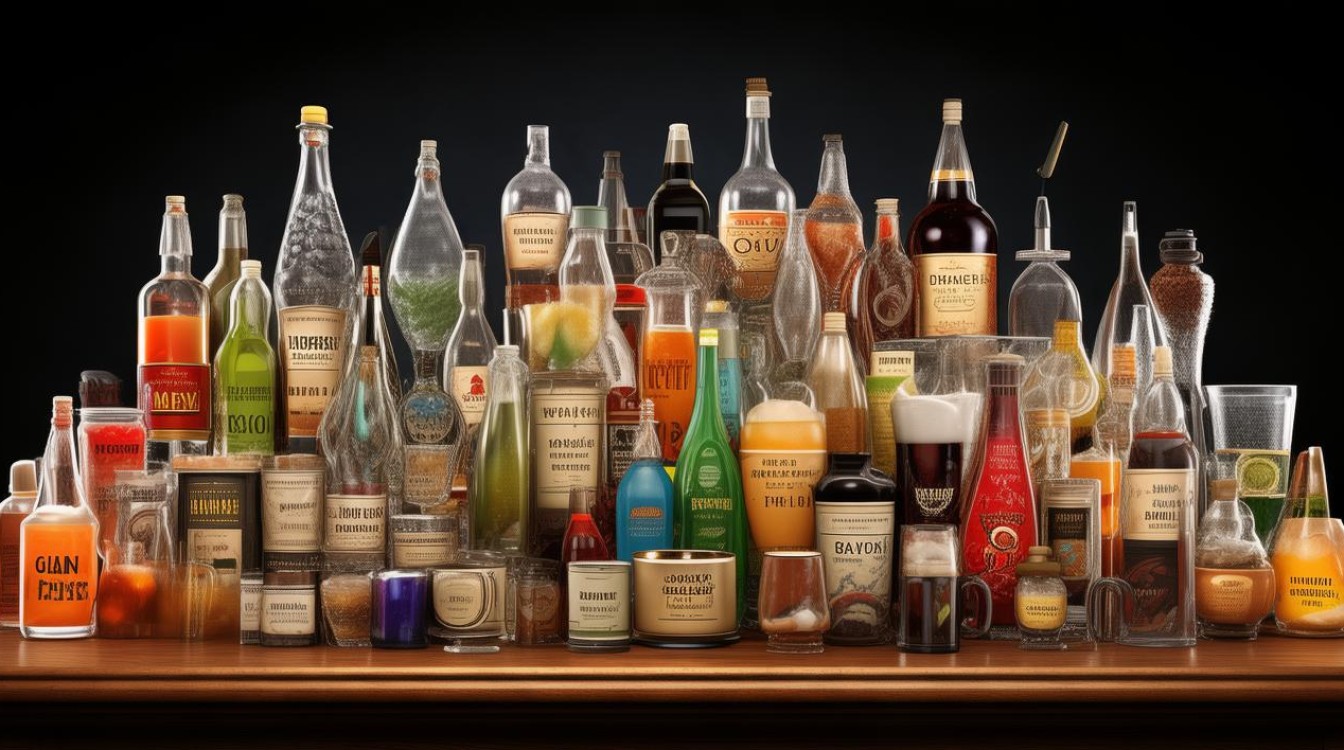Drinks are an essential part of daily life, and knowing the right English words for different beverages can enhance communication, whether you're ordering at a café, discussing recipes, or simply expanding your vocabulary. This guide covers a wide range of drink-related terms, from common beverages to specialized terminology.

Common Beverages
Water
The most fundamental drink, water, is categorized into several types:
- Tap water – Directly from the faucet.
- Mineral water – Naturally sourced with minerals.
- Sparkling water – Carbonated for a fizzy texture.
- Still water – Non-carbonated, plain water.
Tea
Tea comes in numerous varieties, each with distinct flavors:
- Black tea – Fully oxidized, strong flavor (e.g., Earl Grey, Assam).
- Green tea – Unoxidized, light and grassy (e.g., Sencha, Matcha).
- Herbal tea – Infusions from herbs, fruits, or flowers (e.g., chamomile, peppermint).
- Oolong tea – Partially oxidized, balanced taste.
Coffee
A globally beloved drink with many preparations:

- Espresso – Concentrated coffee brewed under pressure.
- Americano – Espresso diluted with hot water.
- Cappuccino – Espresso with steamed milk and foam.
- Latte – More milk than a cappuccino, milder taste.
- Cold brew – Coffee steeped in cold water for hours.
Juice
Extracted from fruits or vegetables:
- Orange juice – A breakfast staple.
- Apple juice – Sweet and refreshing.
- Tomato juice – Often used in cocktails like Bloody Mary.
- Smoothie – Blended fruits, sometimes with yogurt or milk.
Alcoholic Drinks
Beer
Fermented grain-based beverage:
- Lager – Crisp and light (e.g., Pilsner).
- Ale – Fuller-bodied, often fruity (e.g., IPA).
- Stout – Dark, rich, and creamy (e.g., Guinness).
Wine
Made from fermented grapes:

- Red wine – Bold flavors (e.g., Cabernet Sauvignon).
- White wine – Lighter and crisper (e.g., Chardonnay).
- Rosé – Pink hue, medium-bodied.
- Sparkling wine – Carbonated (e.g., Champagne, Prosecco).
Spirits
Distilled alcoholic drinks:
- Whiskey – Aged in barrels (e.g., Scotch, Bourbon).
- Vodka – Neutral taste, often used in cocktails.
- Rum – Made from sugarcane, sweet or spiced.
- Gin – Juniper-flavored, common in martinis.
- Tequila – Made from agave, key in margaritas.
Specialty and Regional Drinks
Asian Beverages
- Bubble tea – Tea with chewy tapioca pearls.
- Sake – Japanese rice wine.
- Chai – Spiced Indian tea with milk.
European Classics
- Mulled wine – Spiced and heated, popular in winter.
- Absinthe – Strong herbal spirit with a unique preparation ritual.
Latin American Favorites
- Horchata – Sweet rice or almond milk drink.
- Caipirinha – Brazilian cocktail with cachaça, lime, and sugar.
Non-Alcoholic Mixes
Sodas and Soft Drinks
- Cola – Sweet, carbonated (e.g., Coca-Cola).
- Lemon-lime soda – Refreshing and citrusy (e.g., Sprite).
- Ginger ale – Mildly spicy carbonated drink.
Energy Drinks
- Red Bull – Popular caffeine-based energy booster.
- Monster – High-caffeine, often flavored.
Dairy-Based Drinks
- Milkshake – Blended milk, ice cream, and flavors.
- Hot chocolate – Warm, sweet cocoa drink.
Useful Phrases for Ordering Drinks
- "I’d like a black coffee, please."
- "Could I get a glass of red wine?"
- "One iced tea with lemon, no sugar."
- "Is this juice freshly squeezed?"
Understanding these terms makes navigating menus and conversations easier. Whether you prefer a simple cup of tea or an elaborate cocktail, having the right vocabulary enhances the experience.
Drinks connect cultures, and knowing their names in English bridges communication gaps. Next time you’re at a café or bar, try using these words confidently.


